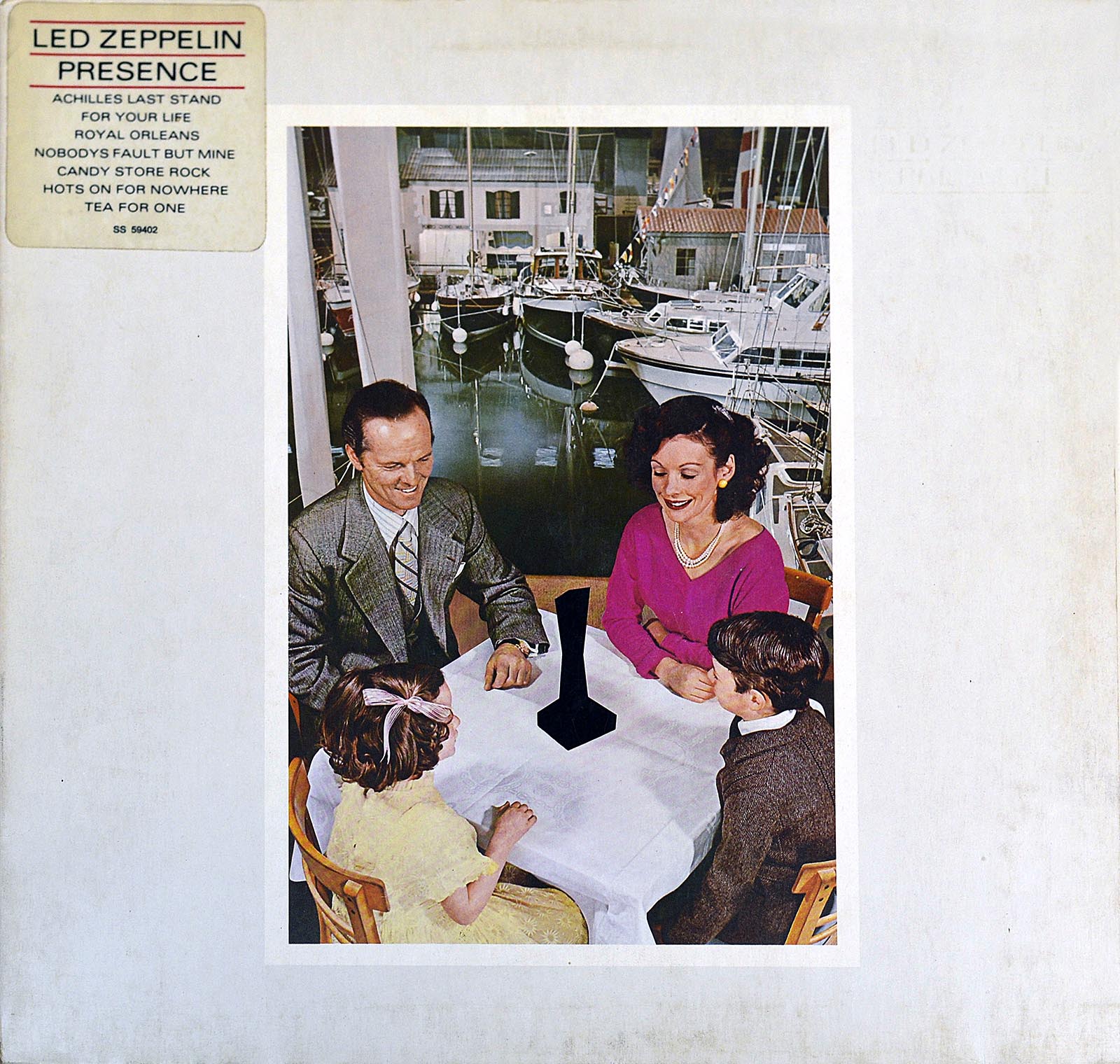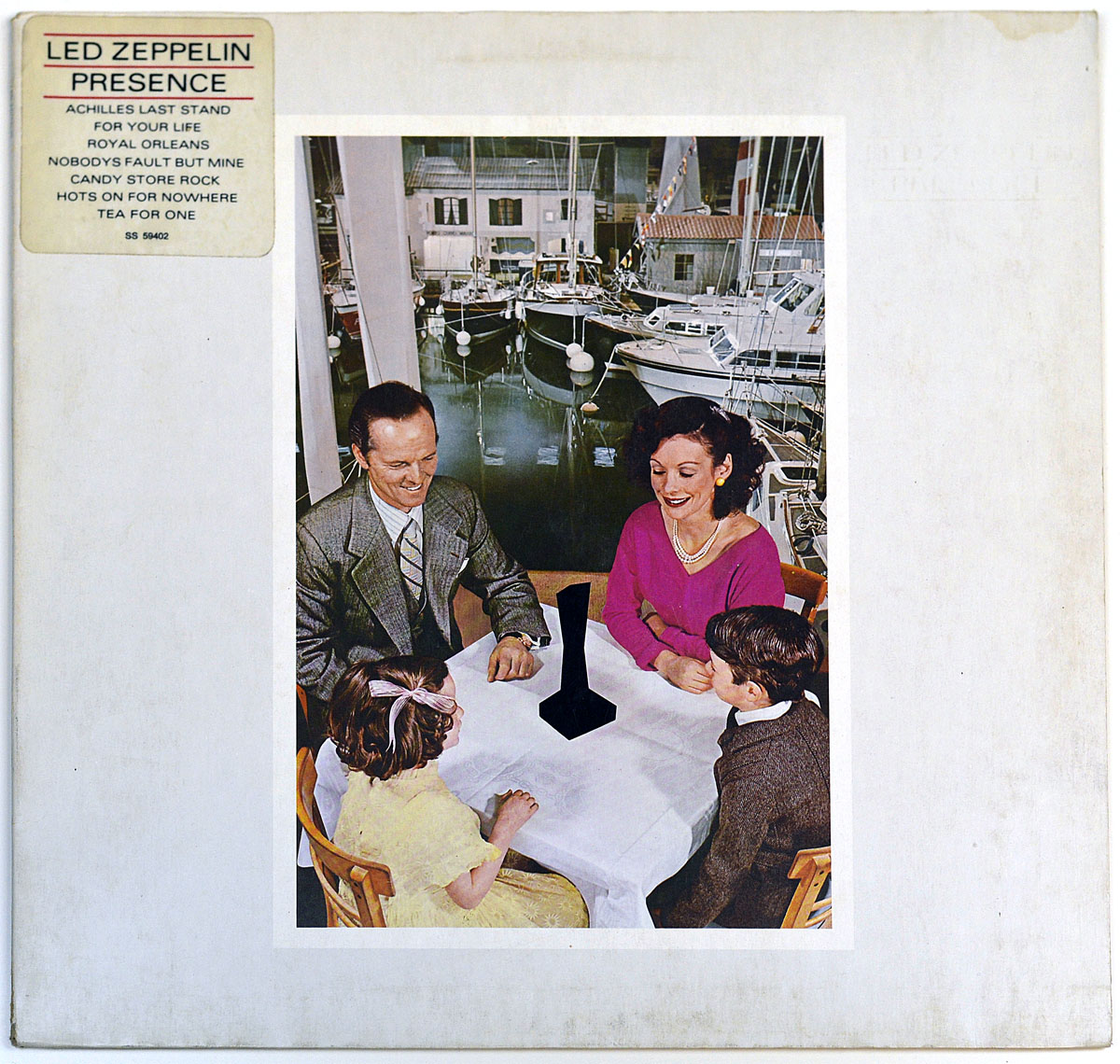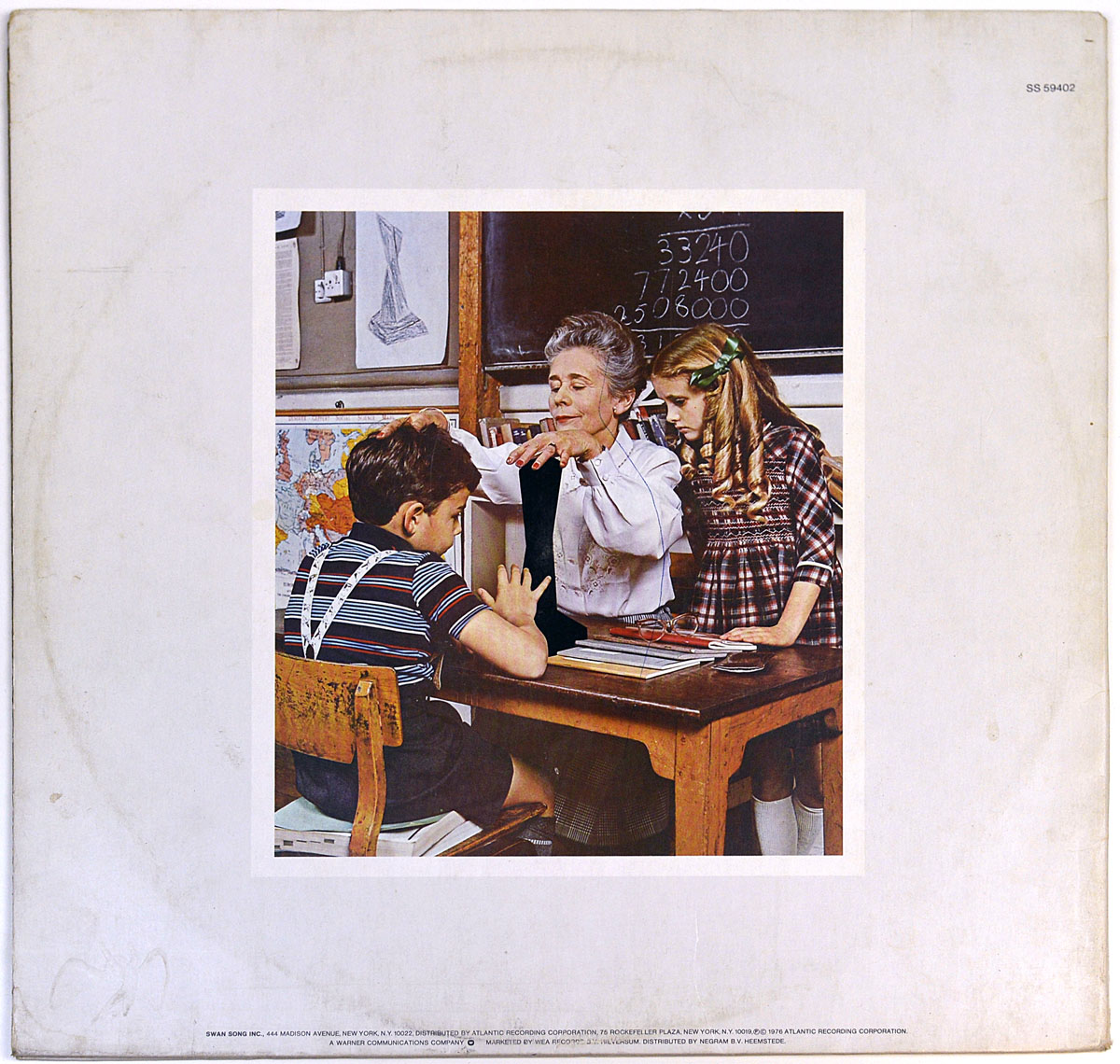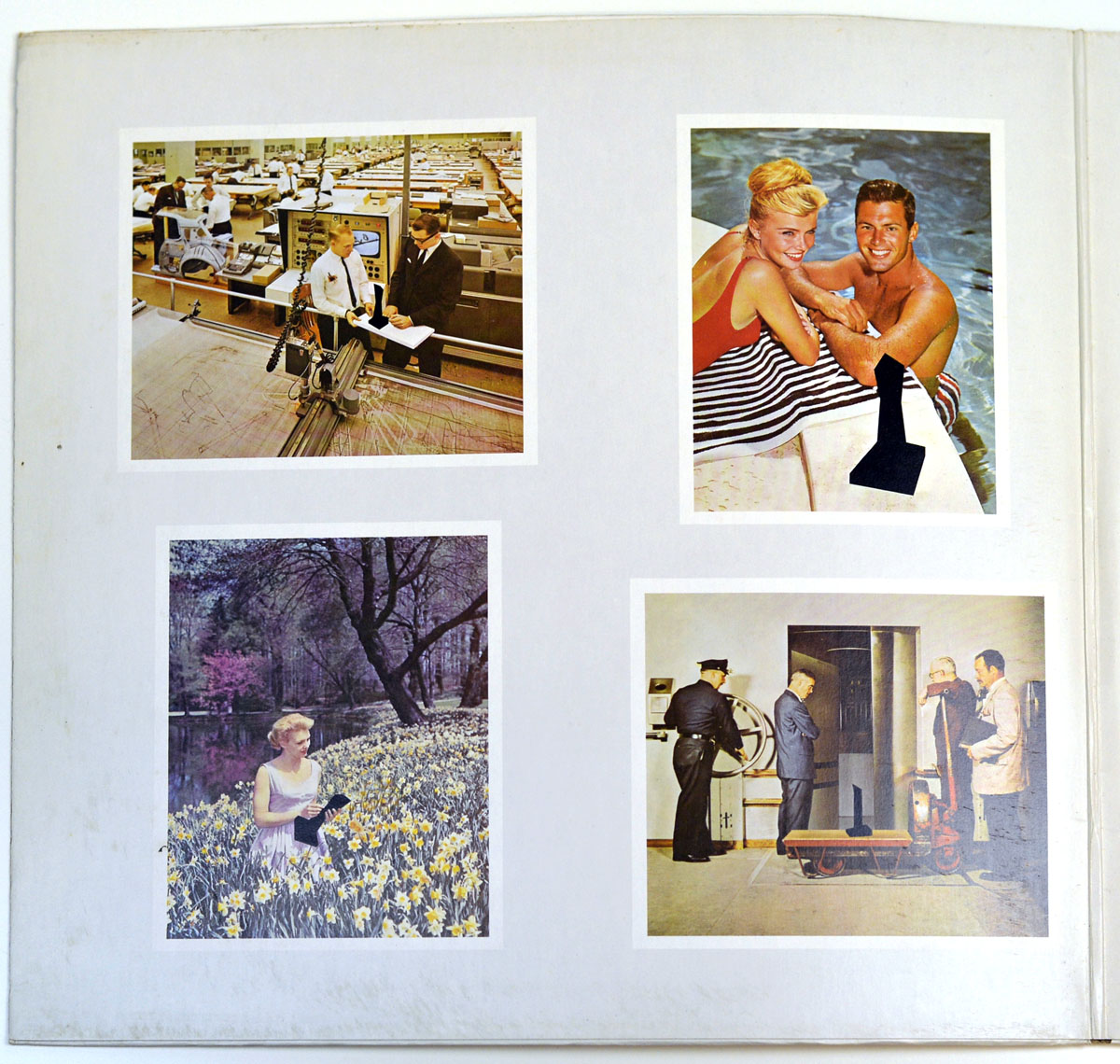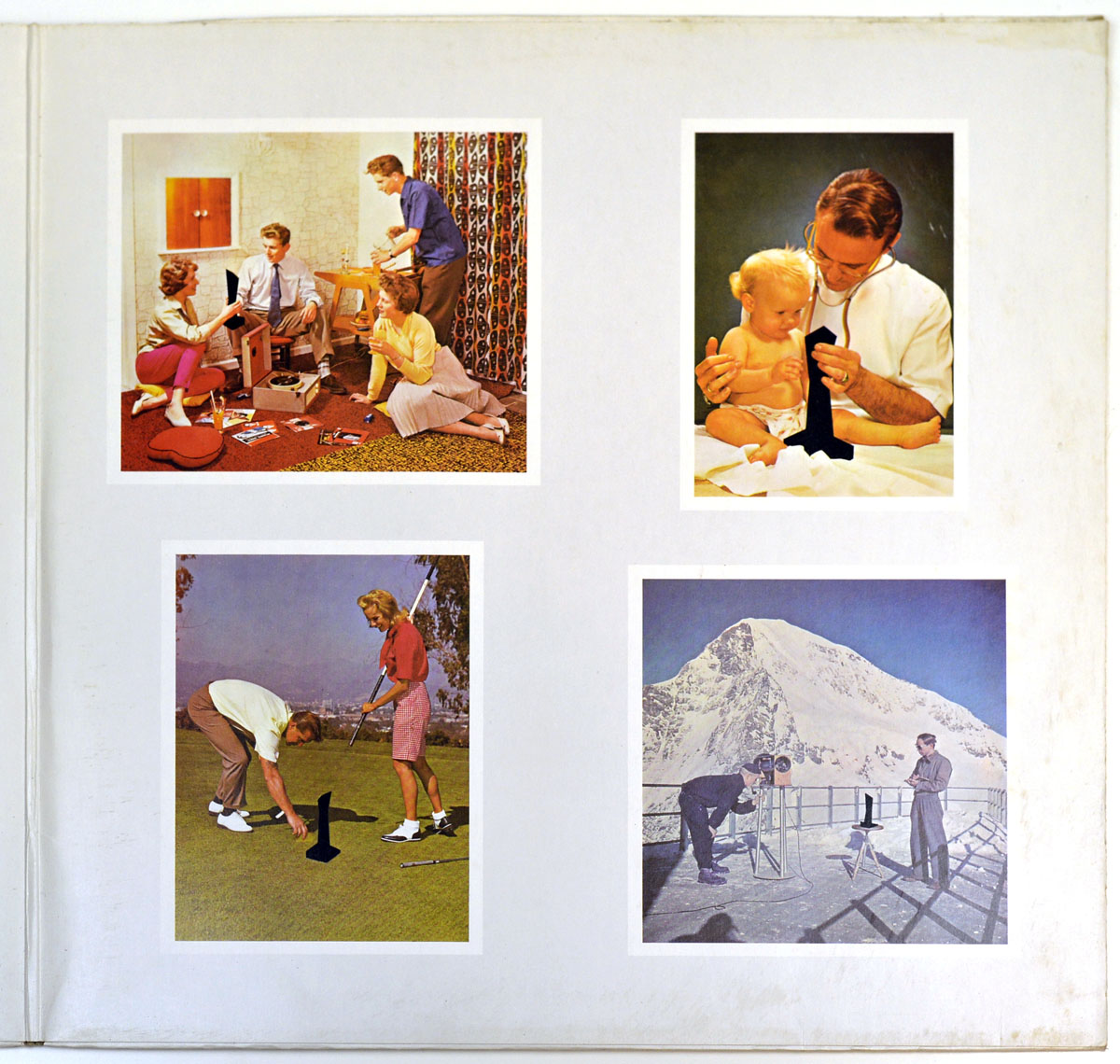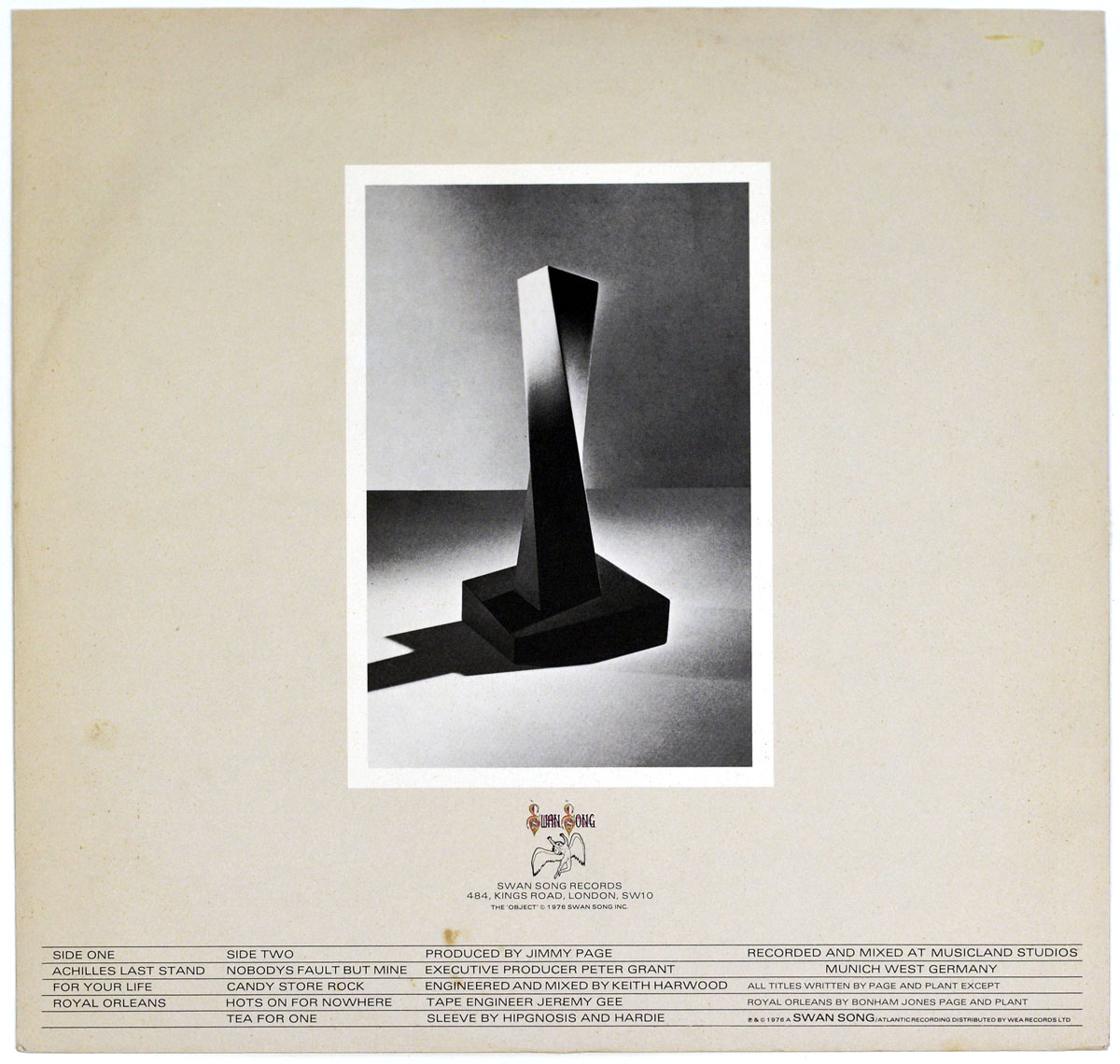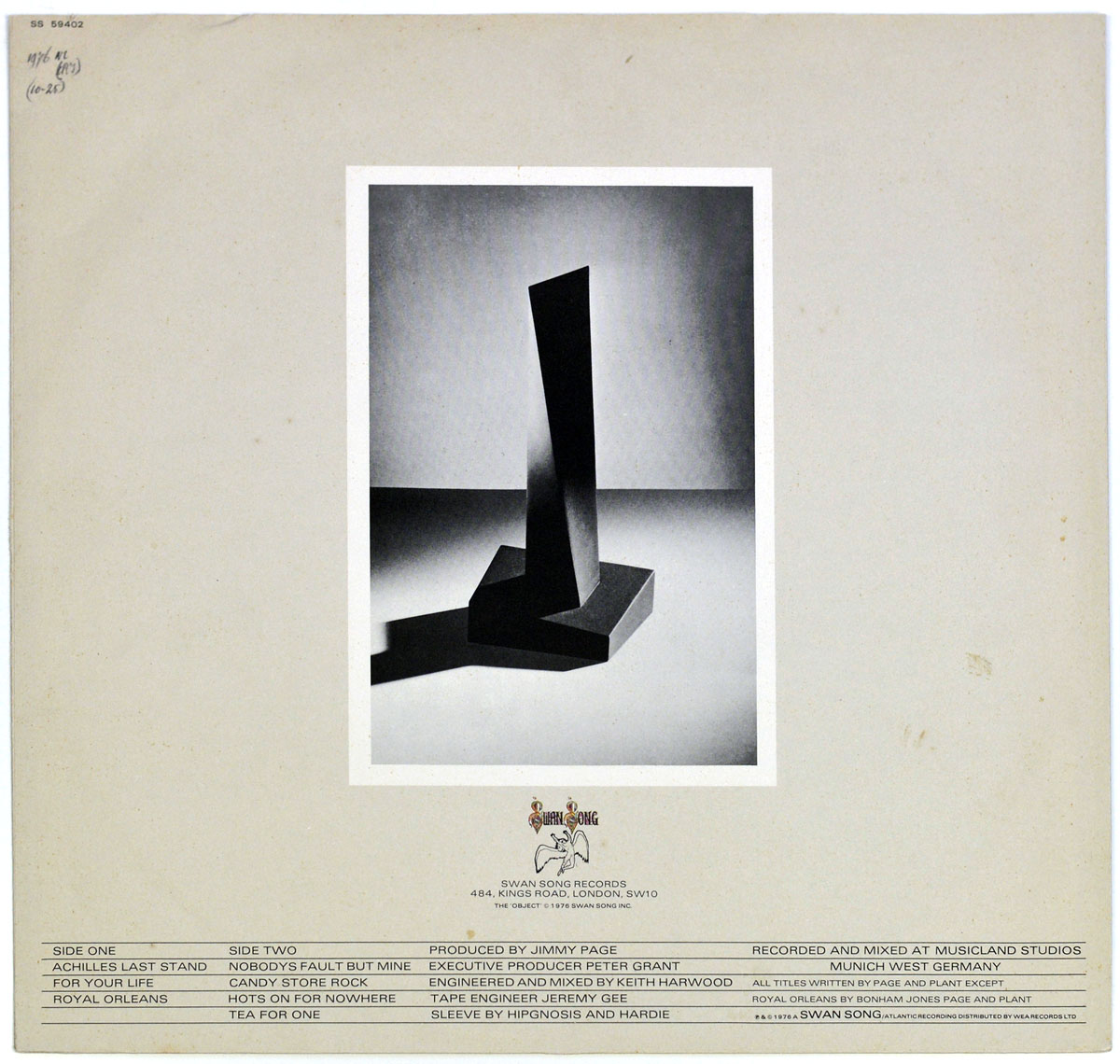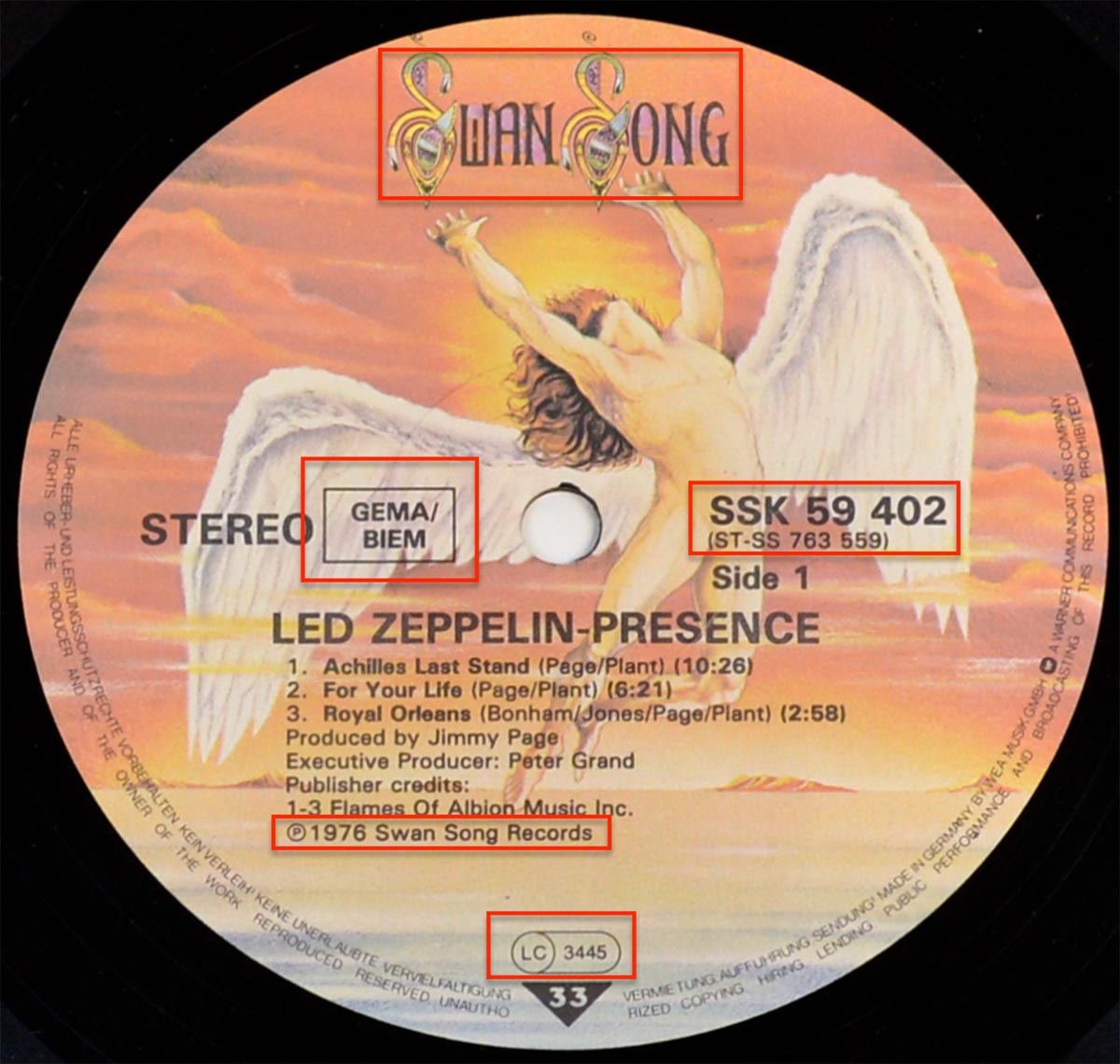Hipgnosis is the legendary London-based art design group that turned rock sleeves into visual myths. The core duo, Storm Thorgerson and Aubrey "Po" Powell, were childhood friends of the Pink Floyd inner circle in Cambridge—a connection that allowed them to bypass the stiff mandates of EMI’s in-house design department in 1968. Their debut, "A Saucerful of Secrets," was only the second time in EMI history (after The Beatles) that an outside firm was granted creative control. The very name "Hipgnosis" was a piece of found art; Syd Barrett, during one of his more enigmatic phases, scrawled the word in ballpoint pen on the door of the South Kensington flat he shared with the duo. Thorgerson loved the linguistic friction of it: the "Hip" for the new and groovy, and "Gnosis" for the ancient, hidden knowledge. While Peter Christopherson later joined as a third partner in 1974, that initial Barrett-endorsed moniker defined a decade of surrealist mastery for bands like Led Zeppelin, Genesis, and 10cc, before the group dissolved in 1983.
LED ZEPPELIN - Presence 12" Vinyl LP Album
- German and BIEM Countries
"Presence" is Led Zeppelin's influential 1976 album, etching a sonic legacy in rock history. Released on Swan Song, the 12" vinyl LP features a distinctive Fold Open Cover by Hipgnosis. Led by Jimmy Page and producer Peter Grant, the album showcases meticulous sound engineering by Jeremy Gee and Keith Harwood. The original inner sleeve unfolds with album details and captivating artwork. "Presence" stands as a timeless emblem of Led Zeppelin's creative zenith.
